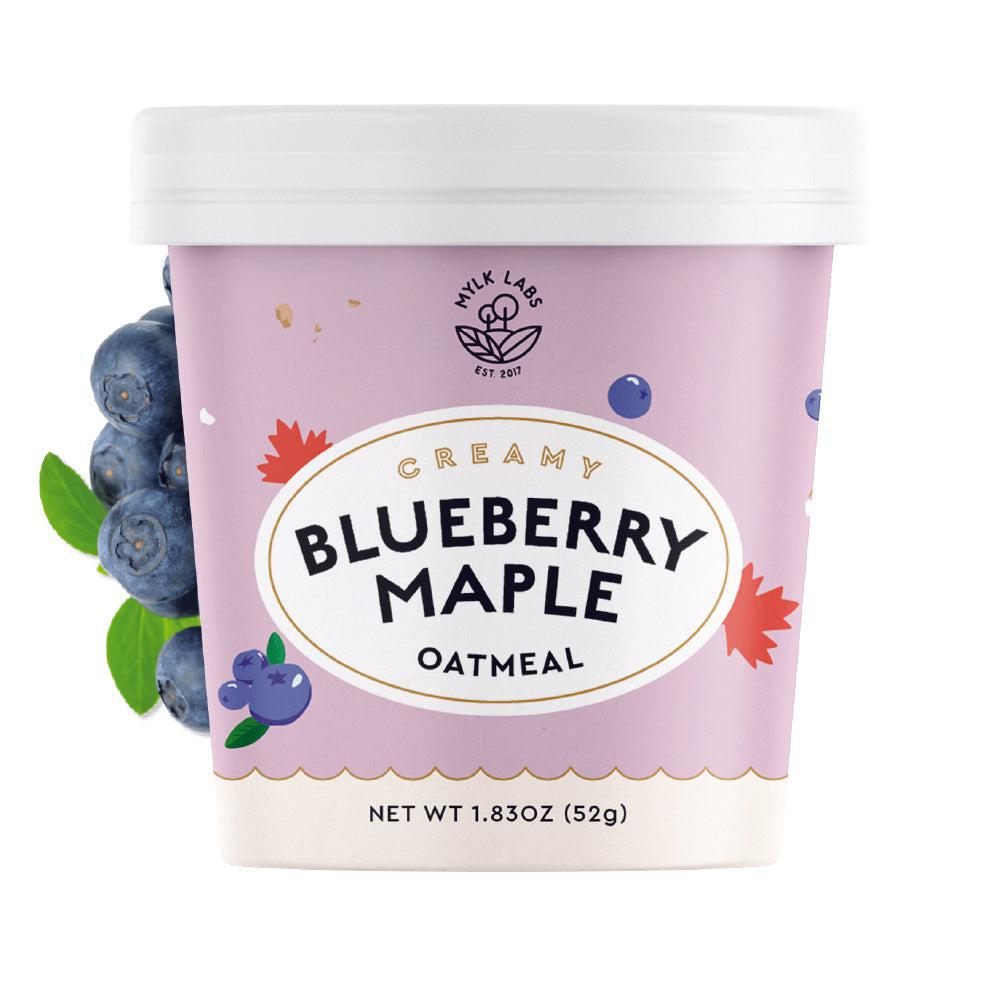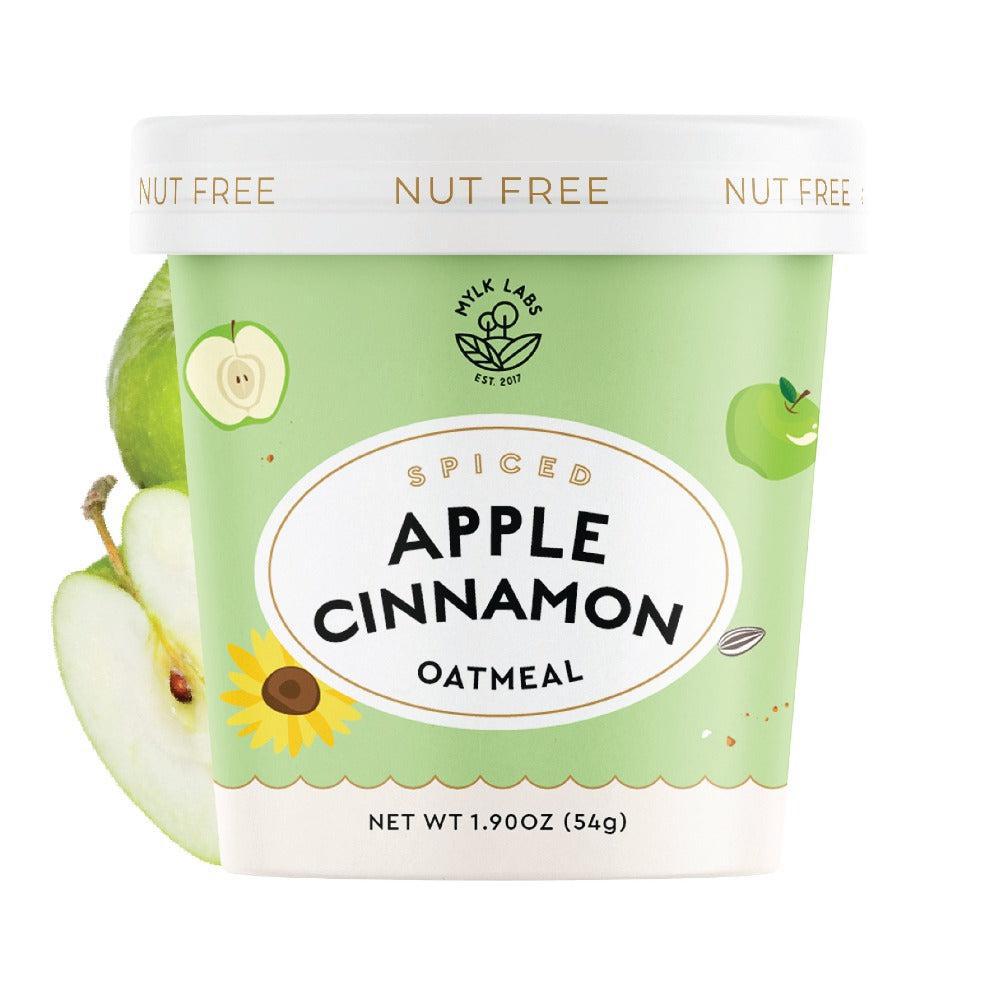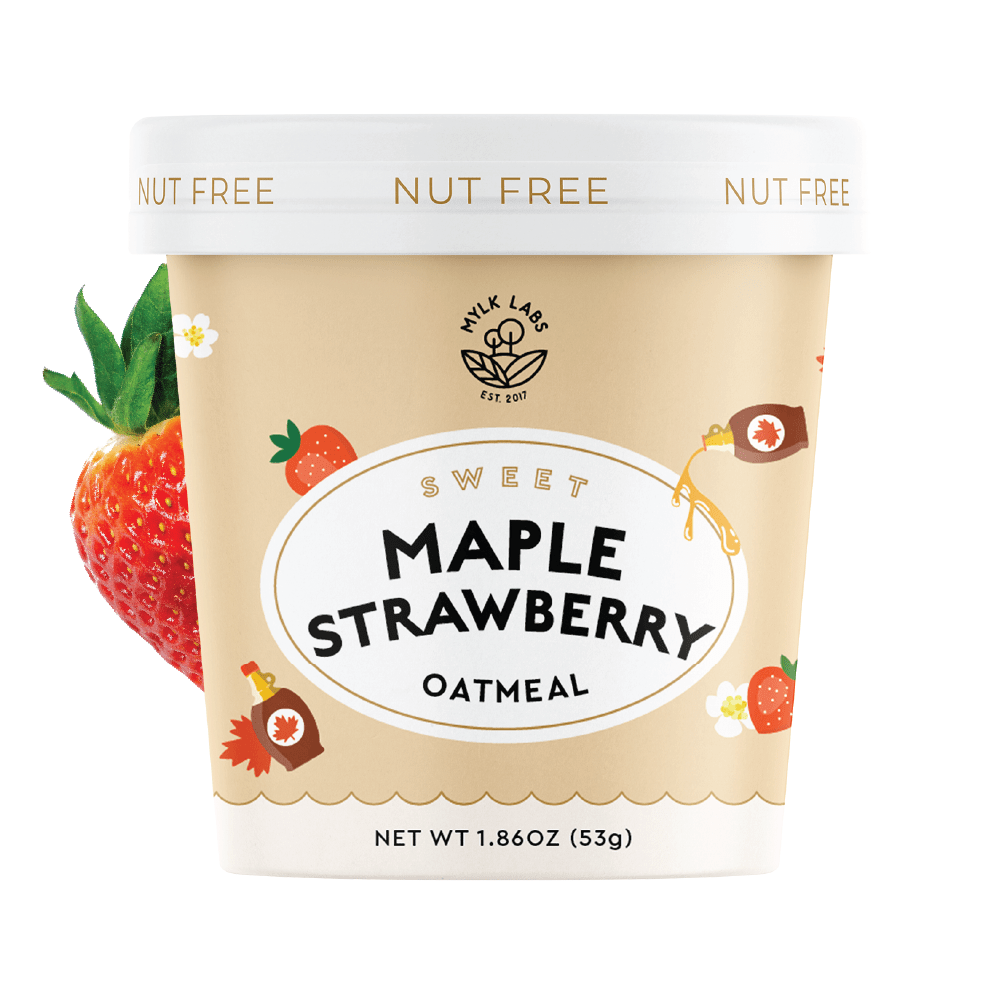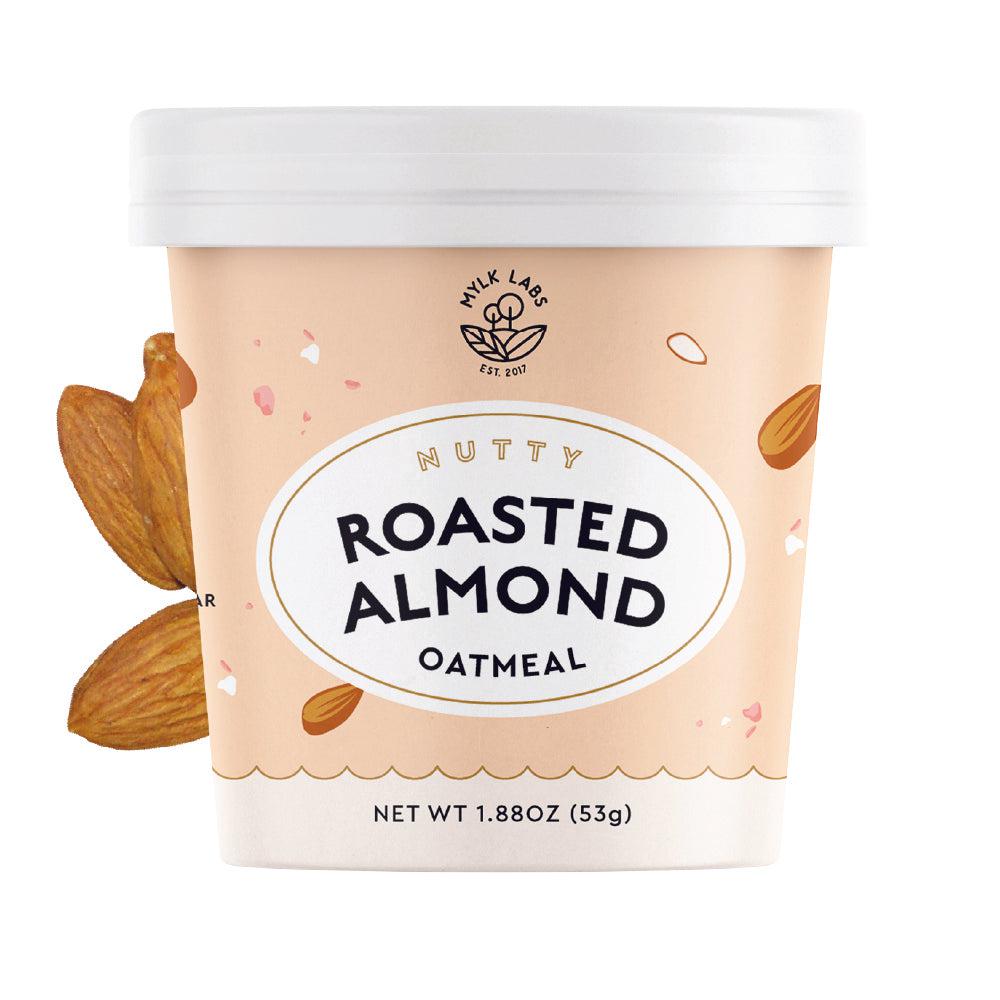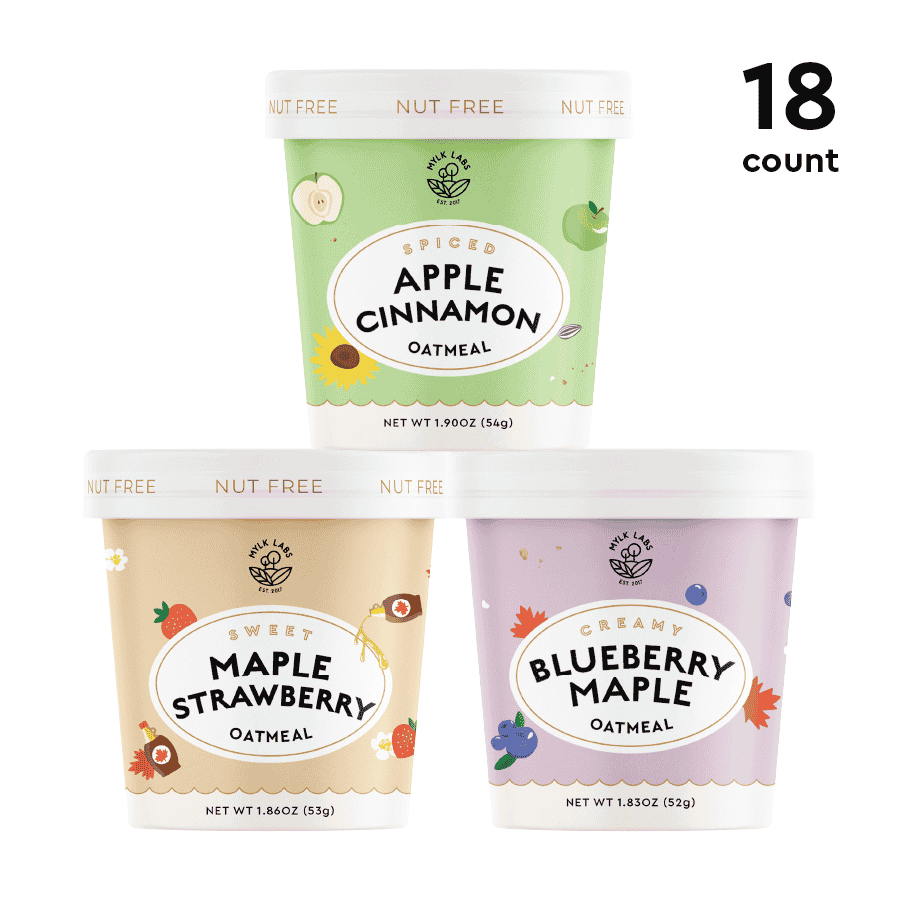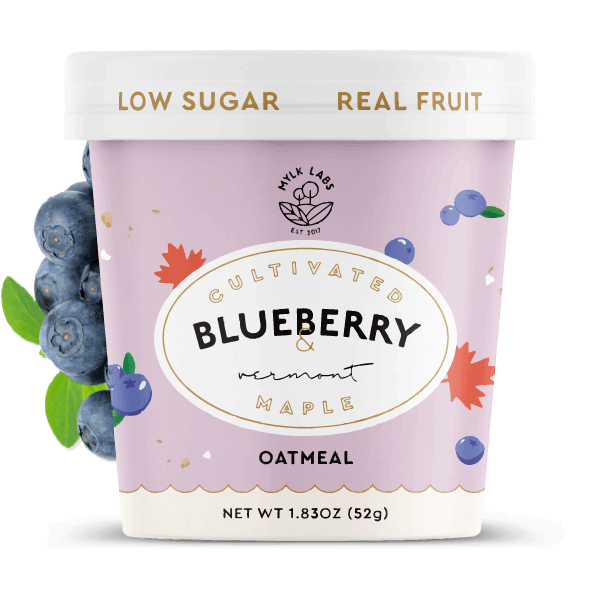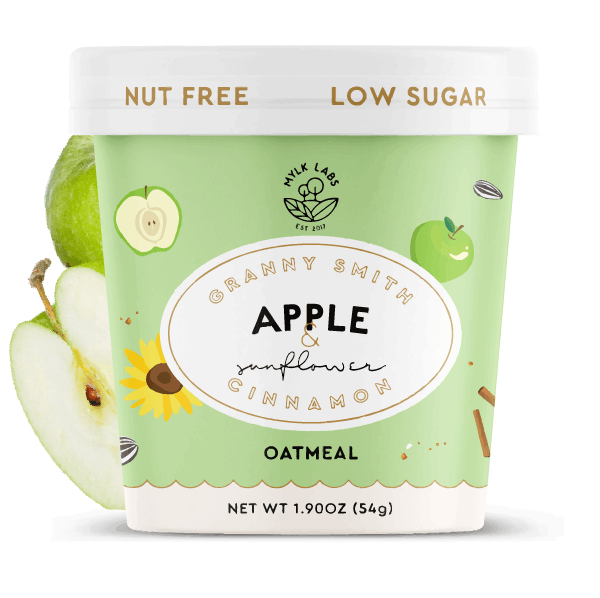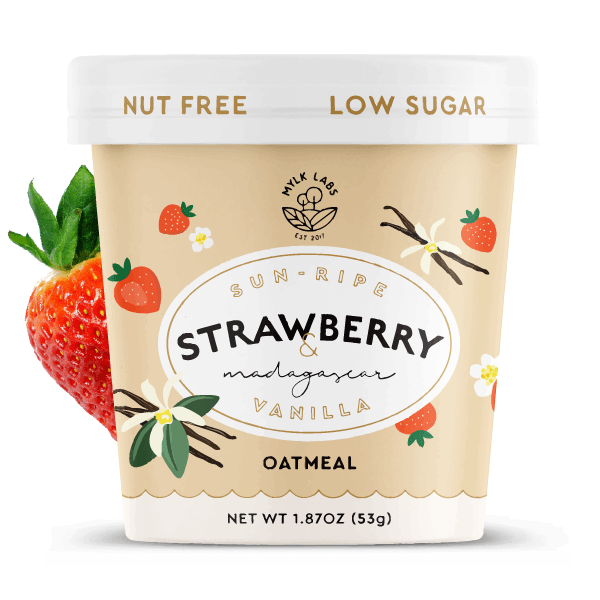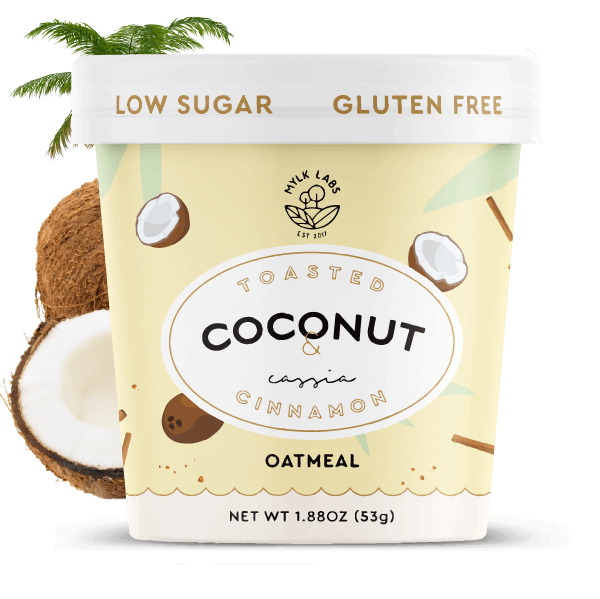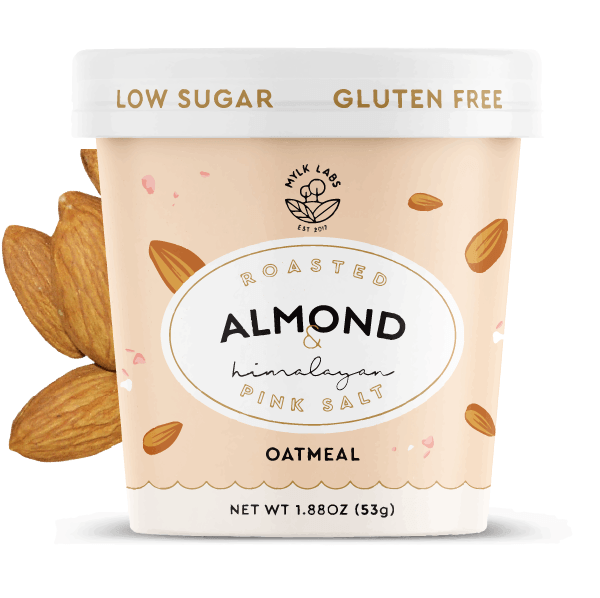In the quest for better heart health, the answer may lie in your breakfast bowl. Oatmeal, a humble and wholesome grain, has garnered a reputation as a cholesterol-lowering superstar. If you're looking for a natural way to improve your lipid profile and reduce the risk of heart disease, read on to discover how Mylk Labs Oatmeal can play a significant role in your journey to better cardiovascular health.
Understanding Cholesterol:
Cholesterol is a fatty substance produced by the liver and obtained through the foods we eat. It's essential for various bodily functions, including cell membrane formation and hormone production. However, when cholesterol levels become elevated, it can lead to the accumulation of plaque in your arteries, increasing the risk of heart disease and stroke.
Oatmeal: Nature's Cholesterol Warrior:
Oatmeal, derived from whole oats, contains a unique component that sets it apart in the battle against cholesterol: soluble fiber. Here's how oatmeal works its magic:
- Reduces LDL Cholesterol: Low-density lipoprotein (LDL) cholesterol, often referred to as "bad" cholesterol, is a major contributor to plaque buildup in the arteries. Oatmeal's soluble fiber, particularly beta-glucan, forms a gel-like substance in your digestive tract, which binds to LDL cholesterol. This binding process helps remove LDL cholesterol from the body, reducing its levels in the bloodstream.
- Boosts HDL Cholesterol: High-density lipoprotein (HDL) cholesterol is known as "good" cholesterol because it helps transport excess cholesterol from the blood vessels to the liver for disposal. Oatmeal consumption has been associated with an increase in HDL cholesterol, promoting a healthier lipid profile.
- Stabilizes Blood Sugar: Oatmeal's complex carbohydrates are digested slowly, leading to a gradual release of glucose into the bloodstream. This steadier blood sugar response is beneficial for those with diabetes or individuals at risk of developing diabetes, as high blood sugar levels can contribute to elevated cholesterol.
- Rich in Antioxidants: Oatmeal is a good source of antioxidants, which can help reduce inflammation in the arteries. Chronic inflammation plays a role in cholesterol buildup, making antioxidants an important part of heart-healthy nutrition.
Incorporating Oatmeal into Your Diet:
Now that you understand the science behind oatmeal's cholesterol-lowering effects, let's explore some practical ways to include this superfood in your daily routine:
Classic Oatmeal: Start your day with a comforting bowl of plain oatmeal. Add your favorite toppings like berries, nuts, or a drizzle of honey for extra flavor and nutrition.
Overnight Oats: Prepare overnight oats by soaking oats in milk (or a dairy-free alternative) and your choice of sweeteners and toppings. Wake up to a convenient, ready-to-eat breakfast.
Oatmeal Smoothies: Blend oats into your morning smoothie for a heart-healthy boost of fiber and nutrition. Combine with fruits, vegetables, and yogurt for a well-rounded meal.
Mylk Labs Oatmeal isn't just a breakfast staple; it's a powerful ally in the fight against high cholesterol. By regularly including oatmeal in your diet, you can lower LDL cholesterol, raise HDL cholesterol, and support overall heart health. Plus, it's a versatile and delicious addition to your meals.
So, why wait? Start your cholesterol-lowering journey today with a hearty bowl of oatmeal. Your heart will thank you for it, and you'll be taking a positive step towards a healthier, happier you.



